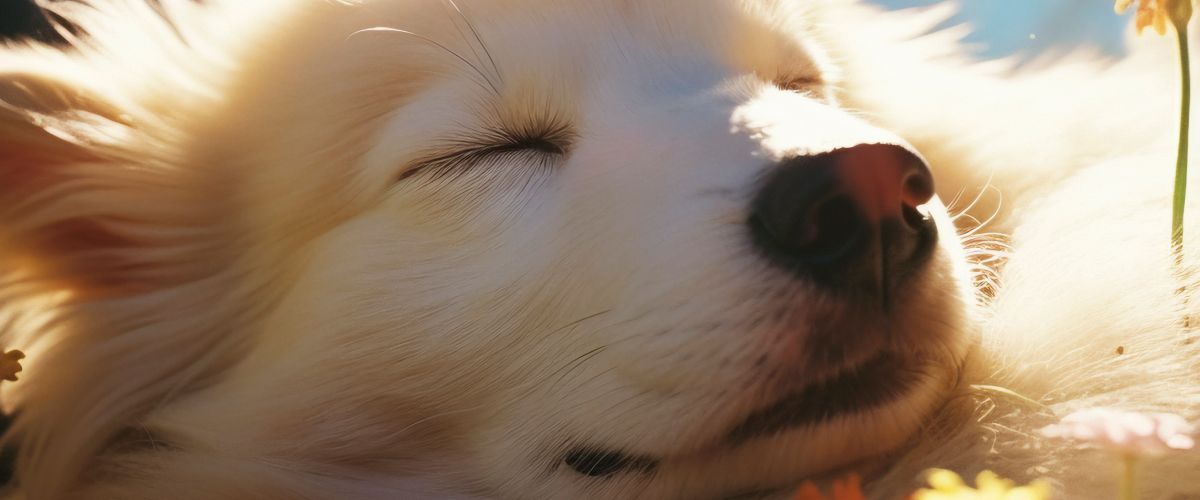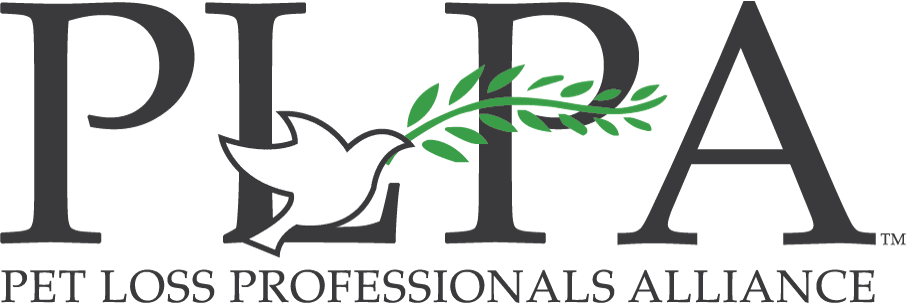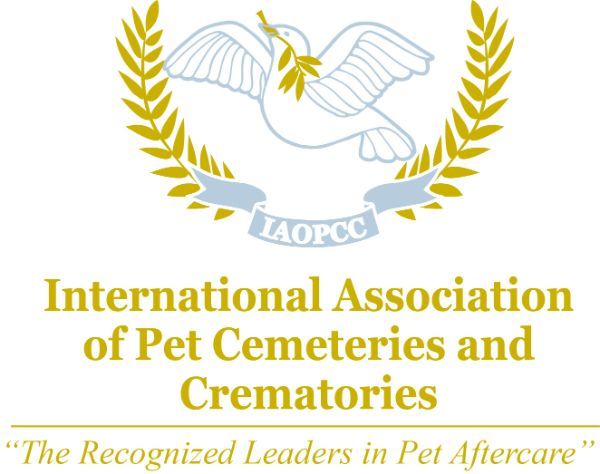Importance of Immunization on Pets
Immunization is crucial for pets’ health and well-being, offering essential protection against numerous severe and common diseases. Core vaccines, such as those for rabies, parvovirus, distemper, and feline leukemia, are vital for preventing life-threatening illnesses in pets. Additionally, non-core vaccines, tailored to a pet’s lifestyle and exposure risks, can protect against conditions like kennel cough, Lyme disease, and leptospirosis. This comprehensive vaccination approach ensures pets remain healthy and reduces the risk of disease spread.
Vaccinating pets also plays a significant role in public health protection. Certain diseases, such as rabies, can be transmitted from animals to humans, making zoonotic disease prevention critical. Ensuring that pets are vaccinated contributes to herd immunity, protecting the broader community, including pets that cannot be vaccinated due to medical conditions. This collective immunity is vital for maintaining a safe environment for both pets and people.
From an economic standpoint, immunization is highly cost-effective. Preventing diseases through vaccination is far less expensive than treating them once they occur. The financial burden of veterinary care, medication, and potential hospitalization can be substantial, so regular vaccination is a prudent investment. Moreover, some vaccines, like those for rabies, are legally required in many regions, and failure to comply can result in fines and other legal consequences.
Vaccinated pets tend to enjoy longer, healthier lives, free from the severe impacts of preventable diseases. Immunization helps prevent outbreaks in communal environments like shelters and kennels, ensuring overall pet population health. Additionally, regular vet visits for vaccinations provide opportunities for early detection of other health issues and foster a strong relationship between pet owners and veterinarians.
For pets that travel or are boarded, up-to-date vaccination records are often required. This ensures the safety and health of all animals in these environments. Furthermore, understanding the types of vaccines—live attenuated, inactivated, subunit, recombinant, conjugate, and toxoid—helps pet owners appreciate the various methods available to protect their pets. Vaccination schedules typically start early in life for puppies and kittens, with booster shots required annually or triennially for adult pets.
While common side effects of vaccines can include mild soreness at the injection site, mild fever, or lethargy, severe reactions are rare but require immediate veterinary attention. Despite these risks, the benefits of vaccination far outweigh the potential downsides. Immunization is a cornerstone of responsible pet ownership, ensuring pets are protected from preventable diseases, contributing to public health safety, and potentially saving on future veterinary costs. Regular immunization, in consultation with a veterinarian, is essential for maintaining the health and happiness of pets.
The post Importance of Immunization on Pets appeared first on Angelpaw.







